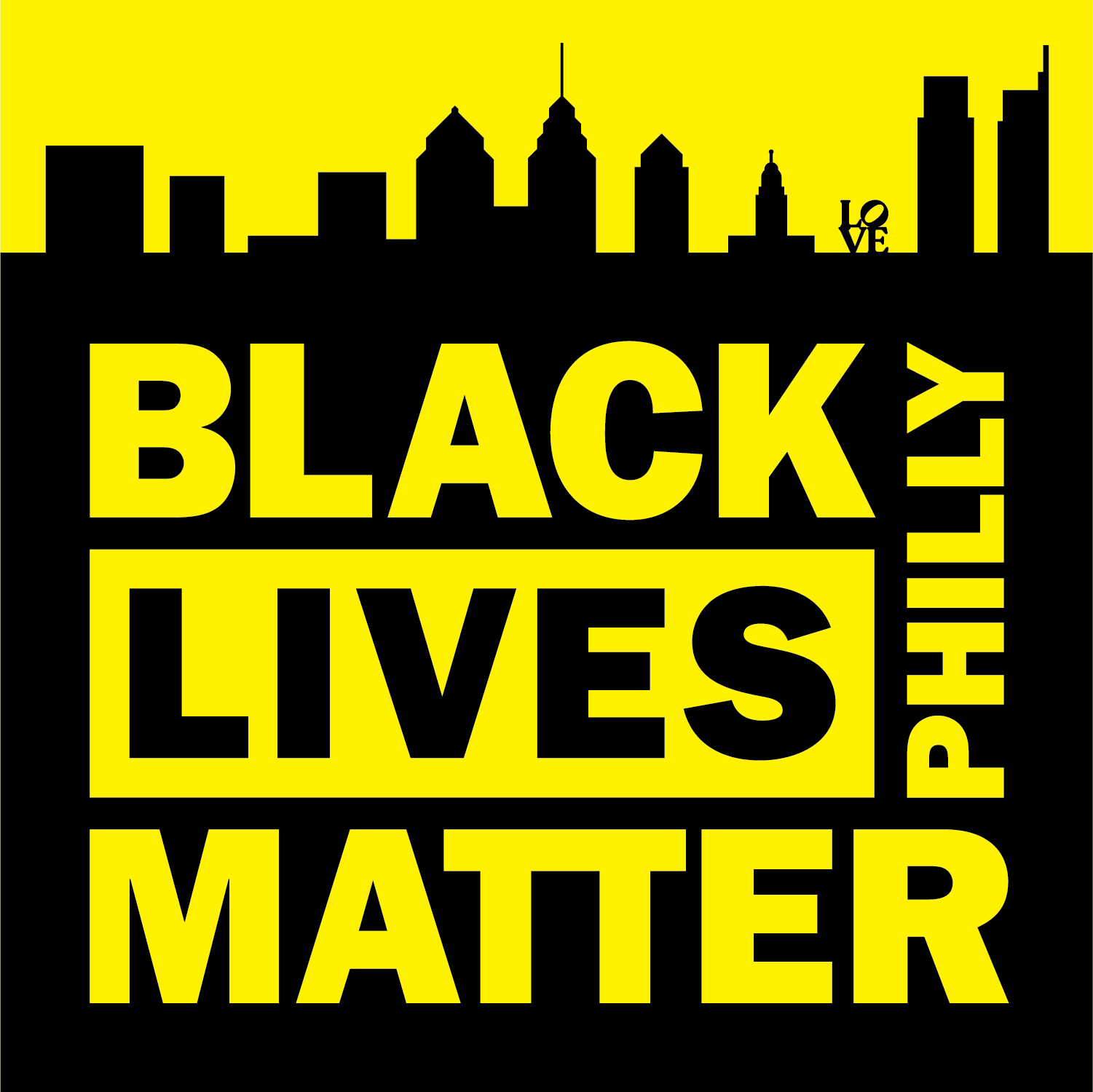To the people who knew her, she was just Keisha. Yes, she was a trans woman, but she was also a student at Temple University, a daughter, granddaughter and friend. Her laugh was infectious and as one friend noted “She was going to be the one to change the world.”
Tragically, her life would come to an end in a story that is all too familiar and largely ignored.
Keisha is the 21st known trans women in the United States murdered this year. She joins the list of trans women of color who have been murdered in the past five years: Stacey Blahnik Lee; Kyra Kruz Cordova; Diamond Williams; Londyn Chanel. This is an international crisis. It is a constant state of emergency and it isn’t getting much attention.
Keisha died before she even had a chance to really live. The average life expectancy for a black trans woman is 35 years of age; Keisha was 22. Homicides against trans women made up 72% of anti-LGBTQ and anti-HIV Positive murders in 2013 and 89% of those whose lives ended with violence were trans women of color. Black trans women are disproportionately the victims of these violent crimes.
“It’s a high risk behavior and people who engage in that type of activity are more at risk to have something bad happen to them,” Philadelphia Police Commissioner, Charles Ramsey said in a recent interview about the murder. Ramsey’s over simplistic and insensitive statement about this case (and about gender based violence overall) speaks to a much larger problem within the law enforcement community and how they treat and abuse trans women. In cases where transgender people do seek the help of law enforcement after surviving violence, 20% report being treated unfairly by the police. Many also experience sexual assault at the hands of those who have sworn to protect and serve them.
Keisha wasn’t killed by the police. She was killed by other members of the Black community. October is Domestic Violence Awareness Month and we acknowledge that for Black trans women, violence and abuse is present in the home and/or the communities where they should be safe. For them to live is to live in a constant state fear. Fear of attacks from other Black members, fear of police violence, fear of possible repeat victimization for a crime in which they sought and demanded justice.
Black Lives Matter is a national mobilizing effort for liberation for ALL black people. It is a call to action that goes beyond building awareness and demands that surround the extrajudicial killings of black cis straight men and boys, but seeks to develop strategies and tactics on issues that affect ALL black people; especially our queer and trans members.
We demand justice for Kiesha Jenkins. We demand that the men who violently ended her life be brought to justice. We continue to demand justice for Londyn and for all of our siblings in the trans community who are both alive and no longer here with us today. In doing so, we also recognize that demanding justice doesn’t stop at attending a rally or writing a statement; demanding justice means standing with our black trans community, they same way that they have always–and continue to–stand with us.
As Black Lives Matter Philly, we aim to do better. We aim to work towards centering the lives of those who have been most marginalized in this movement in tangible ways. We aim to center our black trans and queer siblings in our leadership, strategy, and recruitment endeavors, to seek ways to offer support to the family and community members whose loved ones have passed, and to continue to create and strengthen partnerships with local organizations that support black trans and queer people.
Kiesha Jenkins, we say your name. Your life mattered, and it still matters.
In solidarity,
Black Lives Matter Philly
* * *
For more information about Black Lives Matter Philly, please visit us on Twitter or Facebook, or by email.
For more information about ways to support the trans community in Philadelphia, please contact the following organizations:
Mazzoni Center
(215) 563-0652
Morris Home
http://www.rhd.org/Program.aspx?pid=210
(215) 729-3045
Philadelphia FIGHT (FIGHT)
(215) 985-4448
GALAEI
(267) 457-3912
Philadelphia Trans Health Conference
